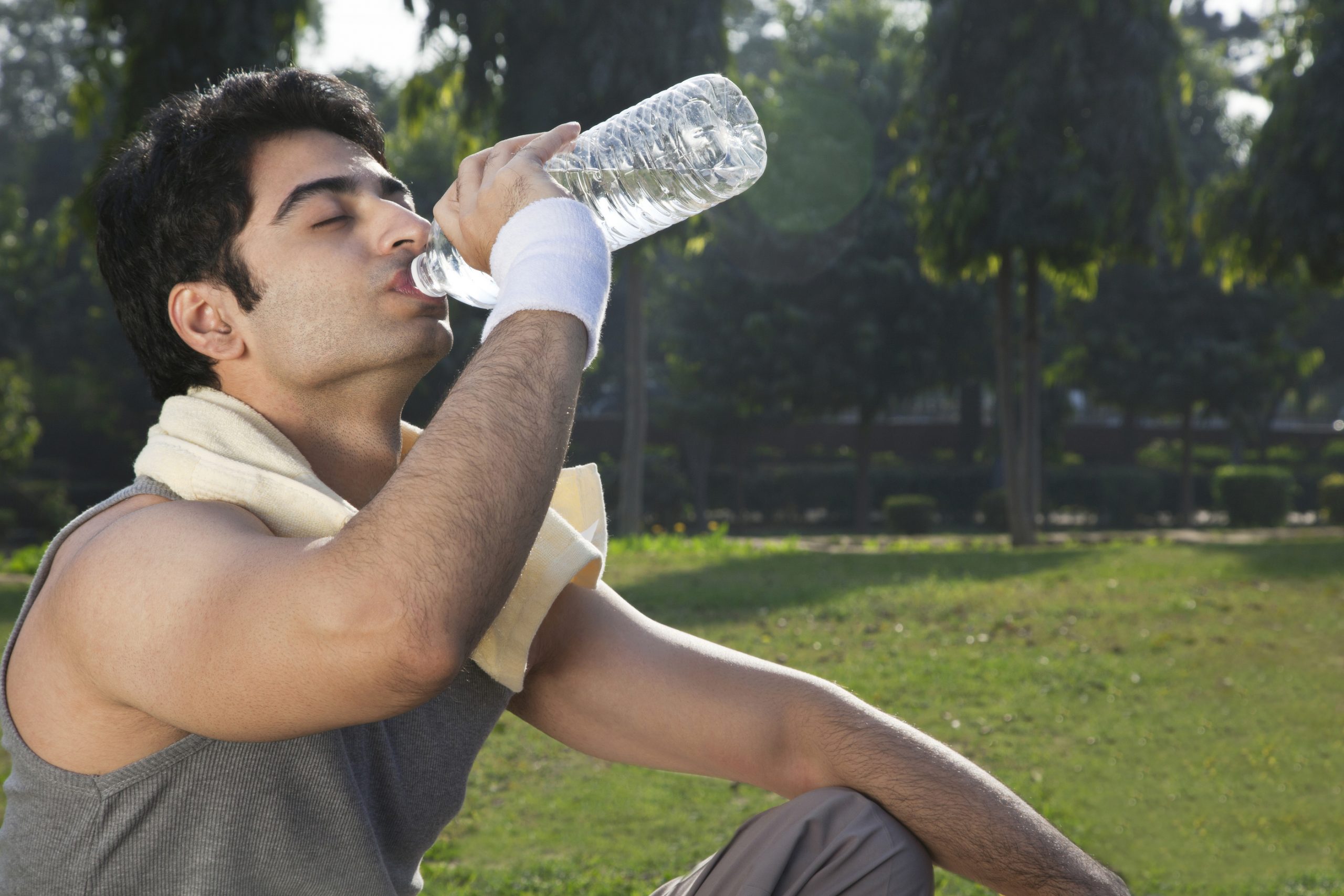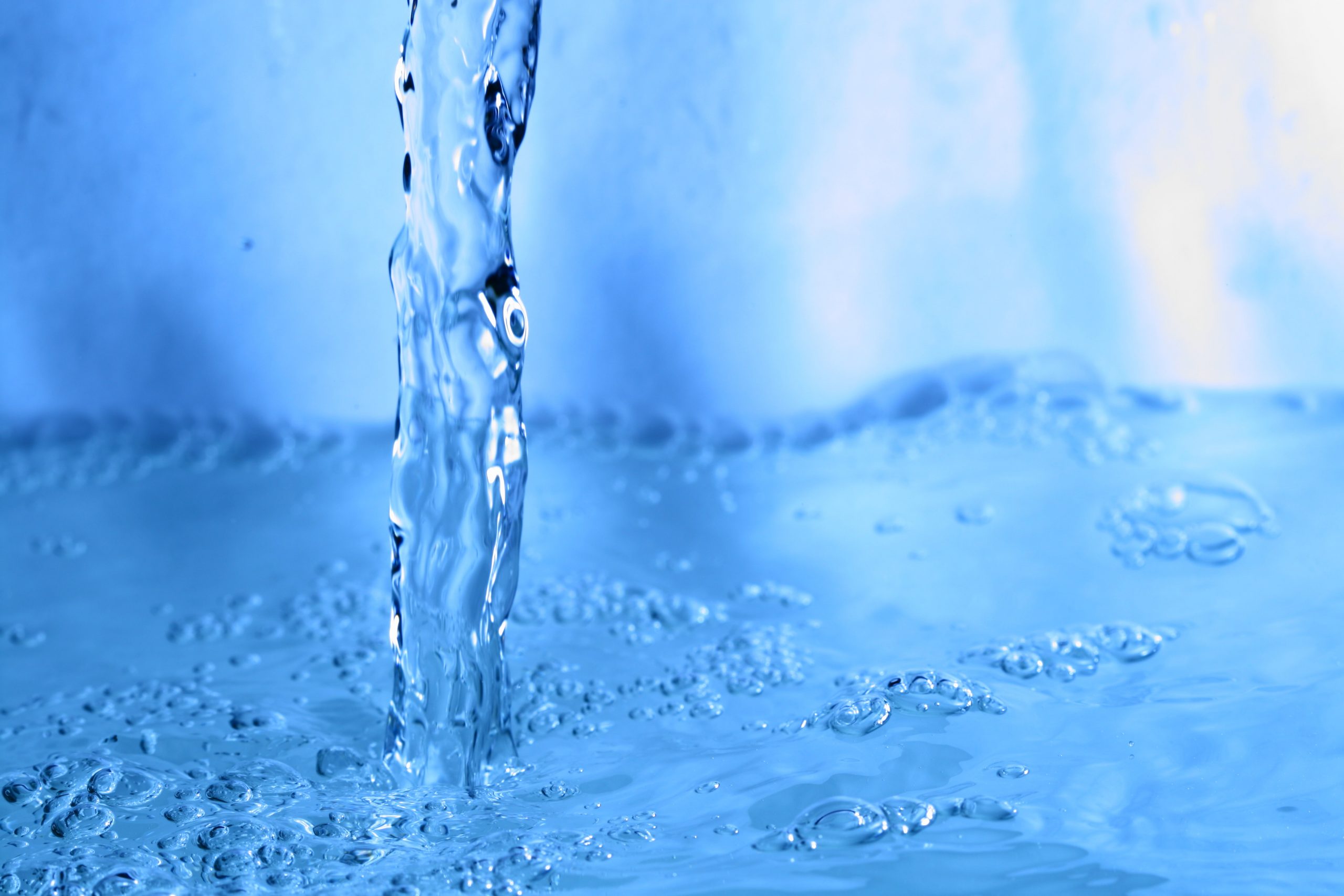Cold Drinking Water on a Hot Summer Day
There’s nothing more welcome and refreshing than a cold drink of water on a hot summer day. In fact, it’s so welcome and refreshing than many of us would rather not settle just for water straight from the tap or some comparable source. We prefer water we kept very cold in the refrigerator.
That practice, however, poses two questions:
- Is refrigerating drinking water really a good idea?
- If we do choose to refrigerate drinking water (or otherwise store it, perhaps as part of our hurricane preparations), what sort of container is best for keeping drinkable water safe?
Let’s look at these questions in order.
Refrigerating Drinking Water: Yes or No?
Some health experts believe drinking ice-cold water from the fridge is not a good idea. They think doing so can decrease a person’s heart rate, increase his or her chances of developing a sore throat, and disturb his or her digestion.
But not every health expert agrees. Moreover, some of us have been in the habit of refrigerator our drinking water all our lives and would be reluctant to give the practice up. Perhaps the most sensible suggestion is that if you like your water chilled in the fridge, it’s reasonable to keep chilling it unless it seems to be giving you problems or your doctor advises you to stop.

What Should You Store Your Drinking Water In?
Here in the modern US, glass and plastic bottles are the two popular choices for storing drinking water (although clay vessels have a few proponents as well.) Between glass and plastic, glass is the healthier, safer, and generally superior choice for several reasons.
Glass Keeps Water Free of Contaminants
Glass never contains contaminants. Most plastic bottles do. They have hazardous substances like BPA that, when they pass from the plastic into the water, can hurt your health.
It Doesn’t Matter What Was in the Glass Bottle Before
Provided it was properly washed, a glass container won’t hold the taste or smell of whatever was inside it before you put the water in it. Plastic containers are significantly more likely to hold onto tastes and smells that get into the drinking water.
Glass Bottles Keep Water Cleaner
Glass bottles are easy to wash and tend to stay clean once you do. You can sterilize them, and they won’t degrade or melt. Once again, this is not generally true of plastic containers.
Storing Drinking Water in Glass Is the Environmental Option
Most environmental scientists are gravely concerned about manmade climate change, and accordingly it’s a good idea to consider how the choices we make impact the world around us. Glass is easy to recycle whereas only 7 out of the 40 different kinds of plastic can be recycled, and thus the other 33 are apt to end up as waste in landfills. Clearly, then, glass bottles are the more environmentally conscious choice.
To summarize the above, if you do choose to store drinking water, glass bottles are a much better choice than plastic ones. They keep water fresh and tasting as it should, ensure you aren’t exposed to harmful chemicals, are easy to keep clean, and don’t damage the environment.

